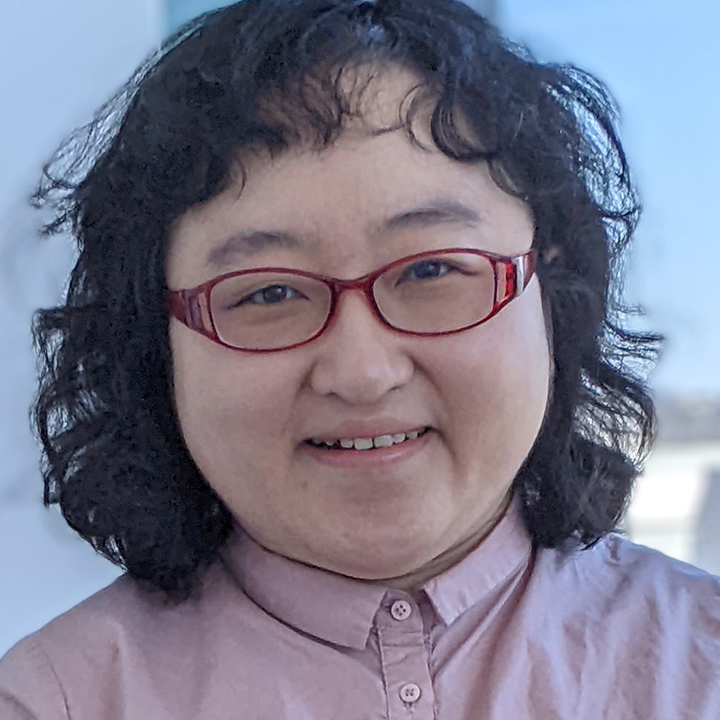Qian Cong, Ph.D.
- Assistant Professor, Eugene McDermott Center for Human Growth and Development
- Southwestern Medical Foundation Scholar in Biomedical Research

"Success dulls the mind, but failure sharpens it."
Contributions to STEMM
Dr. Cong built the foundation of her research career “as a graduate student at UTSW, when I learned to predict structural and functional properties of proteins from their sequences,” she said. “I realized that our analyses of proteins would deeply benefit from the ability to experimentally obtain genomes and protein sequences, and thus I went on to establish a genomics direction in the lab from scratch, which became a major direction of the lab.” She learned from this experience as it “not only trained my skills in establishing wet lab experiments and handling large-scale data, but also planted the desire of doing pioneering research in me.”
This passion “drove me to lead another new direction in my postdoctoral lab. Instead of focusing on directions that the lab is famous for, i.e., protein design, I set out to model protein-protein interactions (PPIs) on a proteome scale, a direction combining my expertise in large-scale data and protein evolution. (This) approach turned out to be powerful, showing comparable performance to large-scale experimental PPI screens,” Dr. Cong said. “In a recent project I co-led, we identified and modeled hundreds of eukaryotic protein complexes that provided functional insights into a wide range of biological processes." This advance was recognized as part of ‘The Breakthrough of the Year 2021’ by the Journal of Science.
Early Influences
Dr. Cong credits her initial interest in STEMM to her grandparents, with whom she lived as a child.
“They liked to expose me to nature. I was collecting insects, raising small animals, and making toys from plants.”
“I frequently got curious about things I observed in the field, but I was too shy to communicate with adults at that age. Therefore, I formed the habit of observing, summarizing rules, and deducing what may happen. Later on, I realized that this is basically what a scientist does,” Dr. Cong said.
Overcoming Challenges
Dr. Cong noted that there are many challenges associated with forging one’s own path. “Major obstacles that I encountered are typical for starting new directions from scratch. Things just do not work out as expected for unknown reasons,” she said. “It takes a lot of patience, careful thinking, and trial and error to fix the problems and convert initial ideas to reproducible implementations.” These challenging experiences taught her “to never give up."
"If you have a worthy scientific goal, have knowledge and skills to figure out why each individual small step fails, and work very hard on it, success is inevitable.”
The UT Southwestern Difference
The environment at UT Southwestern is one of “tremendous support for research and keen interest in the exploration of scientific forefront using computational methods,” said Dr. Cong.
View Academic Profile“Most importantly, I like the welcoming, encouraging, and collaborative atmosphere of modesty that values groundbreaking scientific discoveries. I learn from brilliant and open-minded colleagues who tackle the most important biomedical problems.”